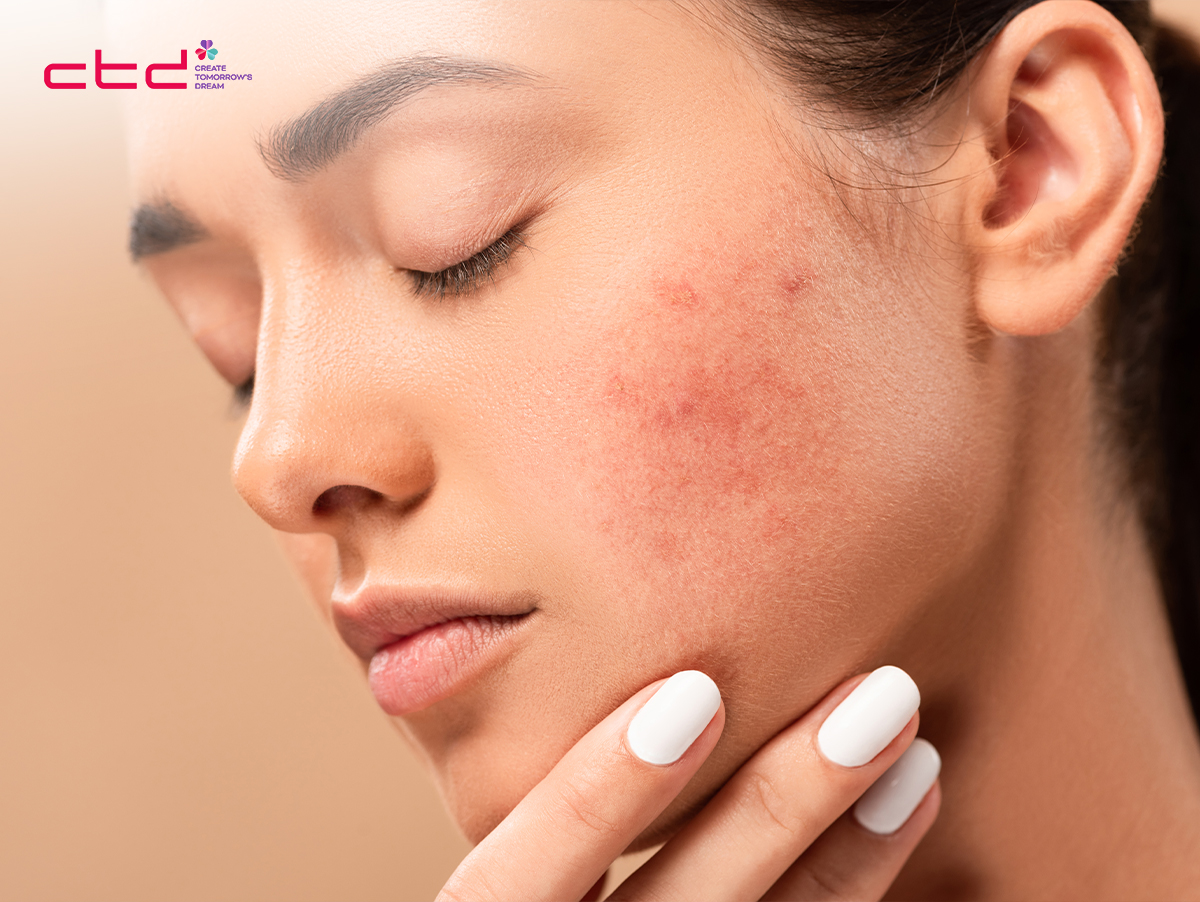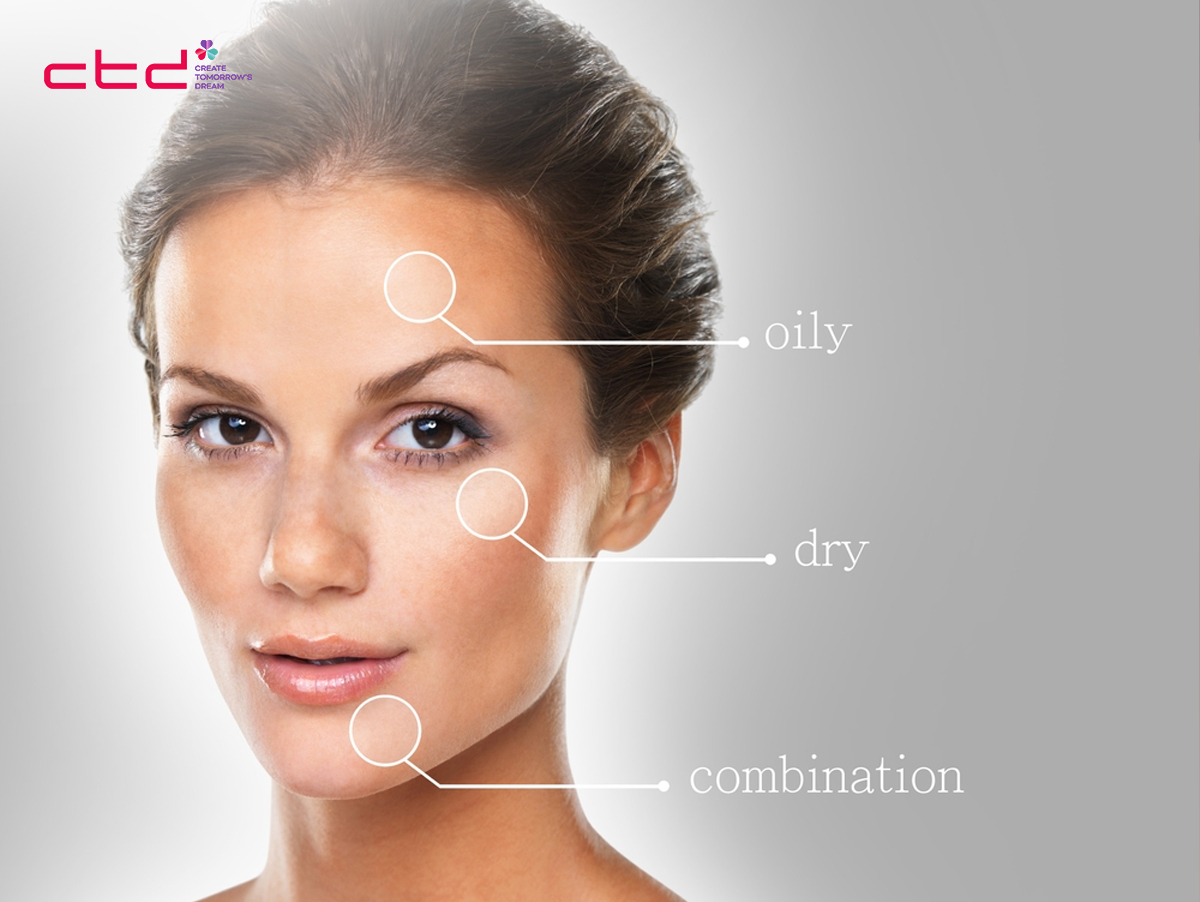How to Treat Chemical Burn on Face from Skincare – Chemical burns typically happen when your skin comes in contact with harsh chemicals such as bleach, battery acid, or disinfectants. However, in rare cases, skincare can also cause chemical burns. Facial chemical burns may occur when potent skincare ingredients, like acids, retinoids, or acne treatments, are used incorrectly, or applied too frequently. The risk is even higher for those with sensitive skin or have damaged skin barrier.
What Is A Chemical Burn?
A chemical burn usually occurs when the skin is damaged from exposure to a harsh or corrosive substance such as bleach, detergent, toilet bowl cleaner, and more. However, in the context of skincare, a chemical burn can be caused by active ingredients that are too strong for the skin or used incorrectly.
Most mild chemical burns from skincare affect only the outer layer of the skin, otherwise known as the epidermis. This leads to symptoms like redness, irritation, stinging, or peeling. These are often early warning signs that the skin is reacting poorly to a skincare product.
Once the chemical reaction reaches deeper into the skin, that’s when the effects can be more severe. Blistering, intense pain, and even scarring may occur in such cases. In the most serious instances, the corrosive substance can damage deeper tissues, requiring immediate medical attention to prevent long-term complications.
How Can Skincare Products Cause Chemical Burns?
Skincare products can cause chemical burns if the product is too strong for your skin type, left on for too long, or used too frequently. People with sensitive skin or damaged skin barriers are at a higher risk of getting chemical burns from skincare products.
Some skincare ingredients likely to cause a chemical burn include acid exfoliants such as glycolic, lactic, and salicylic acid. These acid exfoliants also belong in a group known as AHAs and BHAs. Chemical burns may be caused directly by the acid or indirectly by increased sun sensitivity, as AHAs and BHAs make the skin more prone to sunburn.
For those with sensitive skin, ingredients such as fragrance and alcohol can also cause a burning sensation, which is an indicator that the skin is irritated.
How to Treat Chemical Burn from Skincare
If you feel burning, stinging, or pain after applying skincare, stop using it immediately. They are signs of the product damaging your skin. Symptoms of a chemical burn may include:
- Inflammation or discoloration.
- Burning sensation.
- Pain.
- Numbness.
- Blisters.
- Peeling.
If you notice any of those symptoms, rinse the area under cool running water for 20 minutes, avoiding the runoff water. For facial burns, tilt your head over a sink or use a showerhead or jug.
After rinsing, consult a doctor. They may recommend a topical cream to reduce irritation and prevent infection. For severe burns, go to the emergency room right away.
Once treatment has been given, it’s important to support the skin’s healing process. This includes:
- Keeping the area clean.
- Avoiding any harsh or irritating skincare products.
- Applying prescribed topical medication, if any.
- Using petroleum jelly to keep the skin moisturized.
- Watching for signs of infection, such as increased redness, swelling, or pus.
- Staying out of direct sunlight to prevent further damage.
Chemical burns from skincare can be alarming, but with quick and appropriate care, your skin can heal without lasting damage. Always patch-test new products, introduce actives slowly, and listen to your skin. Stop immediately if your skincare is causing you any unusual pain. It’s not a sign that it’s working.
Sources:
- https://www.medicalnewstoday.com/articles/chemical-burn-on-face-from-skin-care#healing.
- https://www.skininc.com/treatment/facial/news/22210521/prevention-skin-care-chemical-burns.
- https://my.clevelandclinic.org/health/diseases/22350-chemical-burns.
- https://www.valahe.com/blogs/news/how-to-treat-chemical-burns-on-the-face-from-skincare-products.
- https://www.epiphanydermatology.com/medical-dermatology/sensitive-skin/#:~:text=The%20most%20common%20skin%20irritants,to%20say%20’oil%20free‘.




